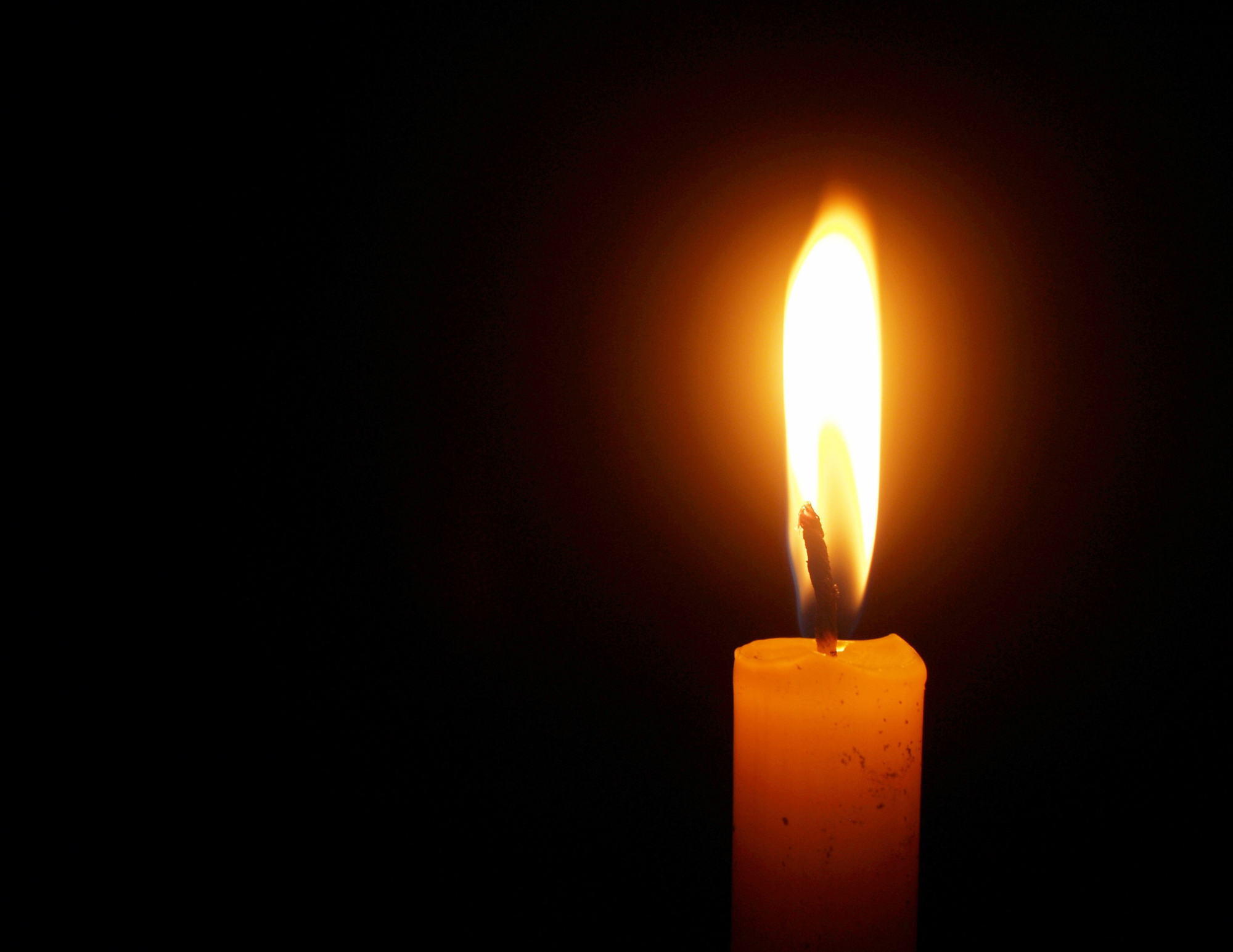Recovering from loss and heartbreak
Recovering from loss and heartbreak
A 5 year-old is eating a big ole ice cream sundae and bite after bite he’s thinking “this is the best ice cream I’ve ever had. It’s so yummy!” There is absolute glee radiating from him, head to toe, and as he devours his delicious ice cream he is not thinking about how he will feel when it ends. He is only thinking about how wonderful it is at that moment. It happens quickly and suddenly. His ice cream sundae is finished. He is heartbroken. This is a loss. A micro loss perhaps, but a loss nonetheless. Let’s say that the 5 year old’s parents are well-meaning and try to distract him right away. “Oh look! Look over there, it’s a fire truck!” or “here, here’s a toy you can play with.” And yet, the flood of tears keep coming. The thing he loved most in that moment, the joy, the excitement, the utter fulfillment of that sundae is now gone. Yes, of course, he will have another sundae someday and more than likely his feelings will pass over the next few minutes. But what are we missing?
We are missing the grief. The acknowledgement of the loss itself and what it meant to us. Naming the feelings we are experiencing towards the loss. “It must feel pretty awful to have to let go of dessert you loved so much. I can’t make it better, but I can sit with you while you feel sad until you’re ready to feel something else.”
We often have a low tolerance for experiencing loss because ever since we were young, most of us have sought to avoid or distract ourselves from the devastating feeling that comes with it. It’s all too painful to face and it is all too painful for others to watch us face it. However, what this tends to create is a culture of looking for the “feel goods” and practicing avoidance whenever we experience discomfort. We find ourselves unable to walk ourselves through the inevitable pain that comes with heartbreak and loss. And the more we bypass dealing with the loss the harder it is to bear each time it happens.
If you’re going through a heartbreak right now I imagine it is much, much more devastating than the loss of a sundae. Yet, the foundation of the recovery process is similar. We start with not bypassing it through distraction or avoidance. Now, this is not to say that we will not need to ever distract ourselves while we are grieving. There is a difference between bypassing the grief all together and taking breaks from experiencing it in order to function. You will need breaks. Tend to yourself. Be gentle. Approach with care. This is a good time to check-in on your basic needs. How is my eating, water intake, sleep? How connected am I to others? How many people in my inner circle know about what I’m going through? Who might I feel safe reaching out to?
Another underrated, yet highly important part of recovering from heartbreak is creating boundaries for ourselves. Let’s say we are (naturally) looking up our ex’s Tik Tok, IG, etc. We all know this is a slippery slope. Yet, it’s more likely we will find ourselves there than not at all so what can be done? We give ourselves limitations. Maybe we let ourselves take a quick peek but give it 10 minutes instead of winding up in the social media vortex for an hour. Perhaps negotiating that space is too hard, in which case we might need to purge pictures from our phones, block accounts, or ask a friend to hold some of our relationship items until we feel ready to have them back again. It’s a process of learning what we are ready to let go of and when. We do not have to force ourselves to move through recovery faster than our heart is willing to.
Something we often find ourselves doing after a break up is swinging from our partner’s narrative to our own; their view of what happened vs. our view of what happened. We may torture ourselves for months trying to be the archeologist of the ultimate “truth.” Unfortunately, there is no objective truth in a subjective relationship. We can never really know what “actually” occurred when two people internalize an experience differently. It is also not our job to convince anyone that our experience was valid. The part we do want to hold on to during grief is that our narrative was real. How we experienced the relationship matters and our narrative, even if it is different from our ex partner’s matters. When we find that we can tenderly validate our truth about the relationship and honestly look at our role in it at the same time, we may also discover that we have liberated ourselves from the need to have our truth be understood by others, because we have effectively said to ourselves, “I see you. I understand how you feel. I cannot make the sadness better, but I can sit with you until you are ready to feel something else.”
Please reach out to a therapist or a support group if you would like more information.
About The Author
Jenean Cervantes has a master's in clinical psychology from Antioch University and is an associate marriage and family therapist (AMFT138534) supervised by Jeremy Mast, MS, MDiv, LMFT, CSAT, CPTT (CA90961). She helps heterosexual, queer and polyamorous couples on restoring intimacy, trust and guiding long-lasting changes to the relationship. Jenean also works with men with issues of intimacy, partner communication, emotional regulation, infidelity and childhood trauma. Jenean is currently receiving training in Terry Real's Relational Life Therapy. Jenean also has received training in mindfulness techniques, attachment-based and psychodynamic modalities. She interacts with her clients from a trauma-informed, client-centered perspective.


